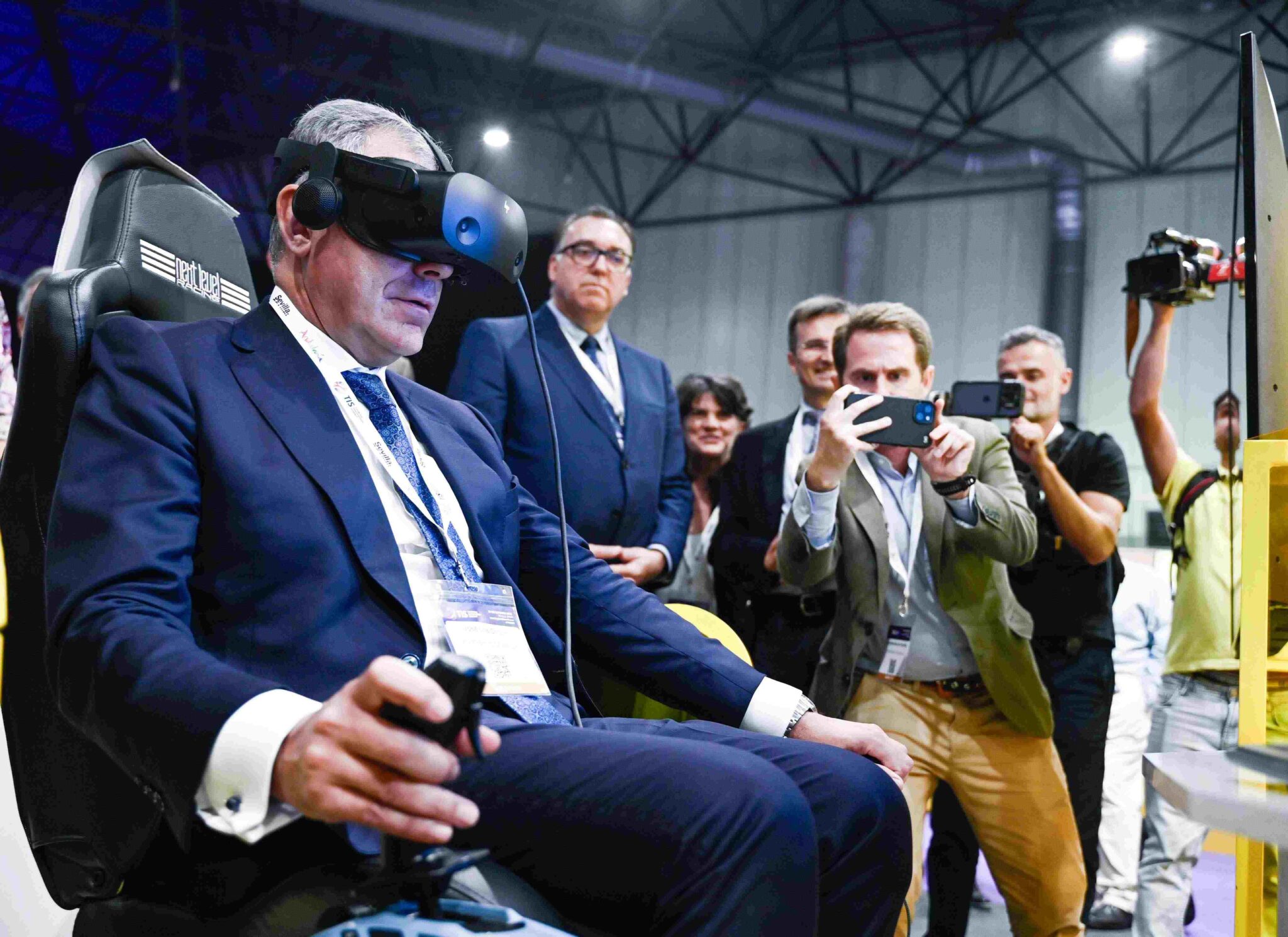
TIS2024 will address the use of AI, Big Data or cybersecurity for tourism
TIS – Tourism Innovation Summit 2024 will come to Seville from October 23 to 25 with an version starring all these applied sciences which are remodeling the tourism sector and which are serving to to deal with very related challenges resembling understanding the brand new traveler, sustainability or digitization.
For 3 days, specialists and tourism leaders will take the stage on the Tourism Innovation International Summit to research how the usage of Synthetic Intelligence (AI) and Large Information is revolutionizing the best way vacationers plan, expertise and revel in their journeys. These applied sciences enable firms within the sector to supply extra customized, environment friendly and passable providers due to the evaluation of huge quantities of information primarily based on new client preferences.
That is the case of Bruno Hallé, companion and co-director of the lodge division of Cushman & Wakefield, who will current the newest developments on this discipline. The Worldwide Federation for IT & Journey & Tourism (IFITT) will even current sensible circumstances of the applying of AI within the tourism sector, in addition to circumstances of use in public administrations with representatives of the Division of Tourism of the Valencian Neighborhood. Dolores Ordóñez, vice-president of Gaia-X and Normal Supervisor at AnySolution, will analyze the European Tourism Information House initiative as one of many keys to boosting development within the sector.
Prolonged Actuality (XR) applied sciences, which brings collectively augmented actuality (AR), digital actuality (VR) and combined actuality (MR), will even have a presence on the TIS2024 congress, the place she is going to talk about how these applied sciences are revolutionizing the best way tourism locations promote themselves. These immersive applied sciences supply new methods to draw and seize the eye of potential guests, offering interactive and enriching experiences that transcend conventional advertising and marketing instruments.
For his or her half, CIOs from lodge teams resembling AR Motels, Meliá, Palladium and Barceló will talk about Cell-First methods and learn how to leverage the mixing of cell applied sciences to enhance visitor engagement within the lodge sector. Likewise, lodge executives from NH Lodge Group and Radisson will share learn how to maximize income and profitability by leveraging knowledge analytics, demand forecasting and dynamic pricing algorithms.
The usage of inexperienced applied sciences to spice up sustainability within the tourism sector will even be mentioned by members of the Worldwide Lodge Managers’ Circle (IHMC) from teams resembling SIX Senses, RIU and Grupo Piñero.
Digitalization, transparency and cybersecurity
The Blockchain in tourism helps higher transparency, safety and effectivity in transactions. Its use permits the creation of immutable and verifiable information of each transaction, from flight and lodge bookings to funds and rewards. The decentralization of those processes eliminates the necessity for middlemen, which not solely reduces prices, but in addition streamlines operations and reduces the opportunity of fraud; one thing that will likely be highlighted by members of the Alastria platform. They will even handle the problem of remodeling tourism by means of decentralization and digital possession with WEB3 expertise.
The digitization of processes and operations in tourism companies is among the main challenges at this time. This transformation makes it potential to optimize effectivity, enhance buyer expertise and cut back prices. Digital applied sciences resembling reservation administration methods, on-line cost platforms, cell functions for vacation spot administration and massive knowledge evaluation enable tourism firms to automate routine duties, higher handle their assets and supply customized providers. On this sense, companies resembling Ilunion Motels will share how digitalization facilitates knowledgeable decision-making by means of real-time knowledge evaluation, thus bettering responsiveness to market calls for and buyer preferences.
One other related challenge of main concern to the business is cybersecurity and knowledge safety, that are important to safeguard vacationers’ private and monetary info, in addition to to take care of the integrity and status of tourism firms. It’s essential to implement strong cybersecurity measures, resembling knowledge encryption, multifactor authentication and steady community monitoring, to stop unauthorized entry, fraud and safety breaches. As well as, compliance with knowledge safety rules, resembling GDPR in Europe, ensures that firms handle info in an moral and clear method, strengthening buyer belief within the digital tourism ecosystem.



One thought on “TIS2024 will address the use of AI, Big Data or cybersecurity for tourism”